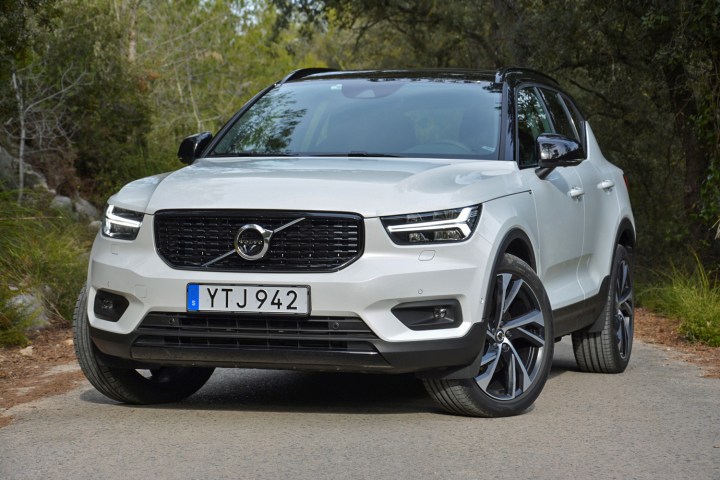
Volvo’s growing mobility brand is in the early stages of developing an on-demand car-sharing service named M that’s designed to give motorists a convenient, dependable alternative to owning a vehicle. The company wants to learn more about its user base in order to stand out from the competition by providing a better service tailored to each driver’s unique needs.
Users will access M through a purpose-designed smartphone application. In essence, it will function like a large number of the car-sharing apps already available today. Registered users will log on and tap their device a few times to request a car. The difference is that learning technology currently under development at Volvo’s headquarters will ask users about their specific needs and memorize their preferences instead of simply informing them where and when they can pick up a car, Erik Jivmark, Volvo Car Mobility’s chief digital officer, told Digital Trends. “M will learn about its user’s needs, preferences, and habits,” he added.
It will suggest a smaller model like the XC40 (pictured) if it knows you’re going on your weekly trip into Manhattan, for example. Alternatively, the app might recommend a bigger model like the XC60 or the V90 Cross Country if you tell it that you’re taking four friends and a dog along for the ride. It’s not too far-fetched to speculate that, in the medium-term future, the app will also know when to recommend an electric car and when to direct users toward a gasoline-powered model.
“The services currently available mainly offer alternatives to a taxi or public transit. We’re focused on the way people use the cars they own, which sets us apart. We aim to provide a real alternative to that experience,” said Bodil Eriksson, the CEO of Volvo Car Mobility, in a statement.
M will make its debut across the United States and in Sweden, Volvo’s home country, halfway through 2019. On its official website, the company predicts one M vehicle will take five private cars off the road. It points out this trend will help make big cities more livable by reducing air pollution and congestion. Volvo will test the program in Sweden this fall and it promises to release more information about M before the year ends.
Editors' Recommendations
- EV warranties aren’t like those for non-electric cars. Here’s what you should know
- Amazon will start selling cars, but you don’t get to ditch dealers just yet
- Apple’s new M2 MacBook Pro can’t handle the heat — should you still buy it?
- Qualcomm wants you to know it powers the world’s best camera phones
- PAW Patrol dogs will get you where you’re going with new Waze feature




